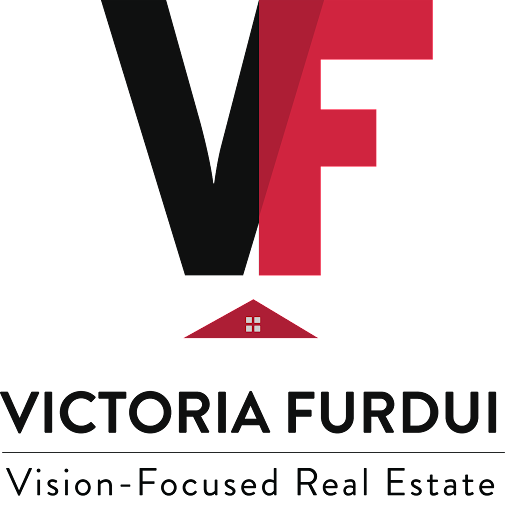A Guide to Ontario Real Estate Terminology: Ten Key Terms Every Buyer and Seller Should Know
When navigating the world of real estate in Ontario, whether you’re buying your first home or selling a property, understanding the terminology can be overwhelming. However, familiarizing yourself with common real estate terms can make the process feel much more manageable and ensure you make informed decisions. In this guide, I’ll break down some of the most commonly used real estate terms and explain them in simple language.
1. MLS® (Multiple Listing Service)
The MLS® is a database used by real estate agents to list properties for sale. It’s a comprehensive tool that allows agents to share detailed information about a property with other agents and their clients. In Ontario, only licensed real estate agents can list properties on the MLS®, giving buyers and sellers access to the most up-to-date and accurate listings.
2. Offer
An offer is a formal proposal made by a potential buyer to purchase a property. It outlines the price the buyer is willing to pay, along with any conditions (such as financing or home inspections) that must be met before the sale can proceed. In Ontario, offers are typically made in writing and must be presented to the seller's agent.
3. Conditional Offer
A conditional offer is one that depends on certain conditions being met. These conditions could include financing, home inspection, or the sale of another property. If any of these conditions are not met within a specified timeframe, the buyer has the option to back out of the deal without losing their deposit.


7. Down Payment
The down payment is the portion of the purchase price that the buyer must pay out of pocket, typically 5-20% of the home’s sale price. The rest of the price is usually covered by a mortgage. The size of your down payment can affect your mortgage terms, including interest rates and whether you need to buy mortgage insurance.
8. Amortization
Amortization is the length of time it will take to pay off your mortgage in full, typically 25 years in Ontario. This period can vary depending on the lender and the buyer’s financial situation. A longer amortization period usually means lower monthly payments, but it also means more interest paid over the life of the loan.
9. Seller’s Disclosure
A seller’s disclosure is a document provided by the seller outlining any known issues or defects with the property. In Ontario, while sellers are not legally required to disclose everything, they must inform buyers of any material facts that could affect the decision to purchase. It’s always a good idea to ask for this disclosure before making an offer.
10. Appraisal
An appraisal is an independent assessment of a property’s market value, usually conducted by a professional appraiser. Lenders often require an appraisal to ensure the property is worth the amount being financed. The appraisal will take into account the home’s condition, location, and comparable sales in the area.

By understanding the terminology and concepts involved in real estate transactions, you’ll feel more confident when navigating the buying or selling process. Real estate transactions can be complex, but being familiar with key terms can help you make informed decisions and avoid costly mistakes.
If you’re looking to buy or sell in Ontario, I’m here to help guide you through every step of the process. Don’t hesitate to reach out if you have any questions or need more information on any of these terms.
Happy home hunting!











